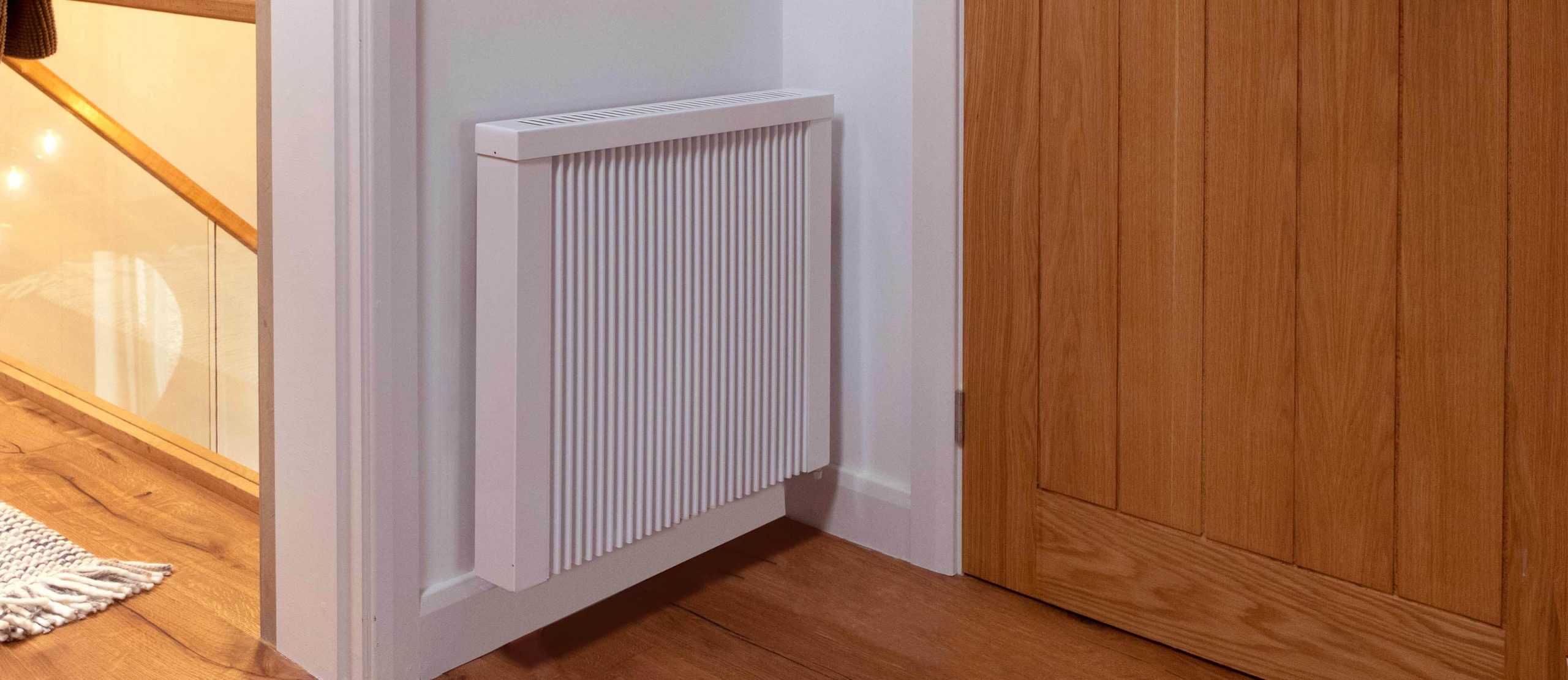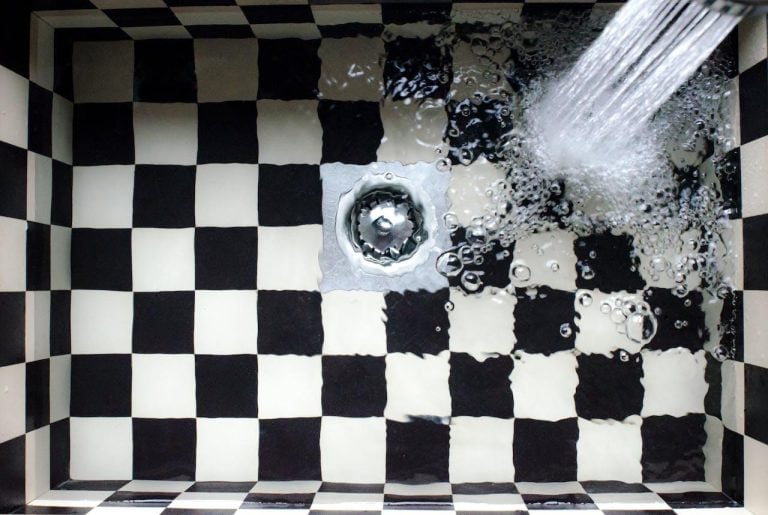Energy-Efficient Heating Solutions: A Deep Dive into Electric Radiators

Table of Contents
In today’s world, energy efficiency has become a top priority in both residential and commercial spaces. As we seek to reduce our carbon footprint and lower energy bills, it’s crucial to explore innovative heating solutions that not only keep us warm but also save energy. One such solution that has been gaining popularity is electric radiators. In this blog, we’ll take a comprehensive look at Stelrad electric radiators as an energy-efficient heating option.
Understanding Electric Radiators
Electric radiators are heating devices that use electricity to generate heat and warm up a space. Unlike traditional radiators that rely on hot water or steam, electric radiators are self-contained units that operate independently. They come in various sizes and designs, making them suitable for different room layouts and aesthetic preferences.
Energy Efficiency Features
Precise Temperature Control
Electric radiators offer precise temperature control, allowing users to set their desired room temperature accurately. This level of control ensures that energy is not wasted by overheating or underheating a space.
Zoning Capabilities
Many electric radiators come equipped with zoning capabilities. This means you can heat specific rooms or areas of your home independently, saving energy by not heating unused spaces.
Programmable Thermostats
Most electric radiators are equipped with programmable thermostats that allow you to set heating schedules based on your daily routine. This feature ensures that your heating system operates efficiently, providing warmth when you need it and reducing energy consumption when you don’t.
Advantages of Electric Radiators
Rapid Heat Distribution
Electric radiators heat up quickly and distribute warmth evenly throughout a room. This fast response time ensures that you don’t have to wait long to feel comfortable, making them ideal for homes in colder climates.
No Heat Loss
Traditional central heating systems can lose heat as hot water travels through pipes to reach radiators. Electric radiators, on the other hand, have no heat loss in the distribution process, making them highly efficient.
Installation Flexibility
Electric radiators are easy to install, and they don’t require complex plumbing or gas connections. This flexibility makes them suitable for both new construction and retrofitting existing spaces.
Types of Electric Radiators
Convection Radiators
Convection radiators work by heating the air around them, creating a natural circulation of warm air. They are excellent for maintaining a consistent temperature in a room.
Radiant Radiators
Radiant electric radiators emit infrared radiation that heats objects and surfaces in the room, providing a comfortable and energy-efficient way to warm up. They are particularly effective for spot heating.
Oil-Filled Radiators
Oil-filled electric radiators use thermal oil as a heat transfer fluid. They retain heat well, allowing them to continue radiating warmth even after they have been turned off. This feature contributes to energy savings.
Environmental Impact
Electric radiators are considered a green heating option when powered by renewable energy sources such as solar or wind. They produce no direct emissions, making them an eco-friendly choice that aligns with sustainability goals.
Cost Considerations
While electric radiators may have a higher upfront cost compared to some traditional heating systems, they offer potential long-term savings through energy efficiency. Additionally, they require less maintenance and have a longer lifespan, further reducing overall costs.
Electric radiators have emerged as a compelling energy-efficient heating solution, offering precise temperature control, zoning capabilities, and programmable thermostats. Their rapid heat distribution, lack of heat loss, and installation flexibility make them a practical choice for a wide range of applications. When paired with renewable energy sources, electric radiators can significantly reduce your carbon footprint while keeping you warm and comfortable. As we continue to prioritize energy efficiency, electric radiators deserve serious consideration as a sustainable heating solution for modern homes and businesses.






